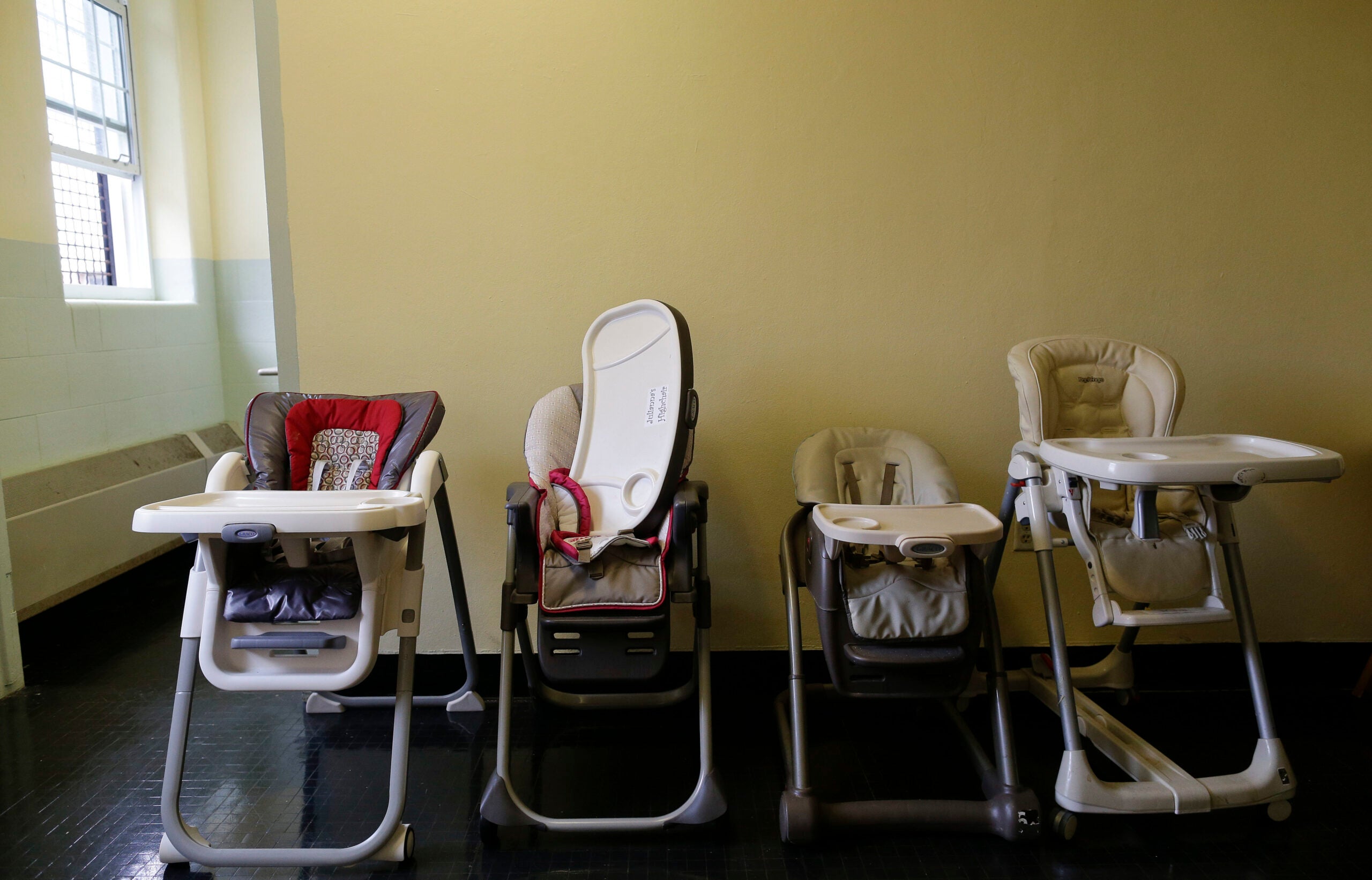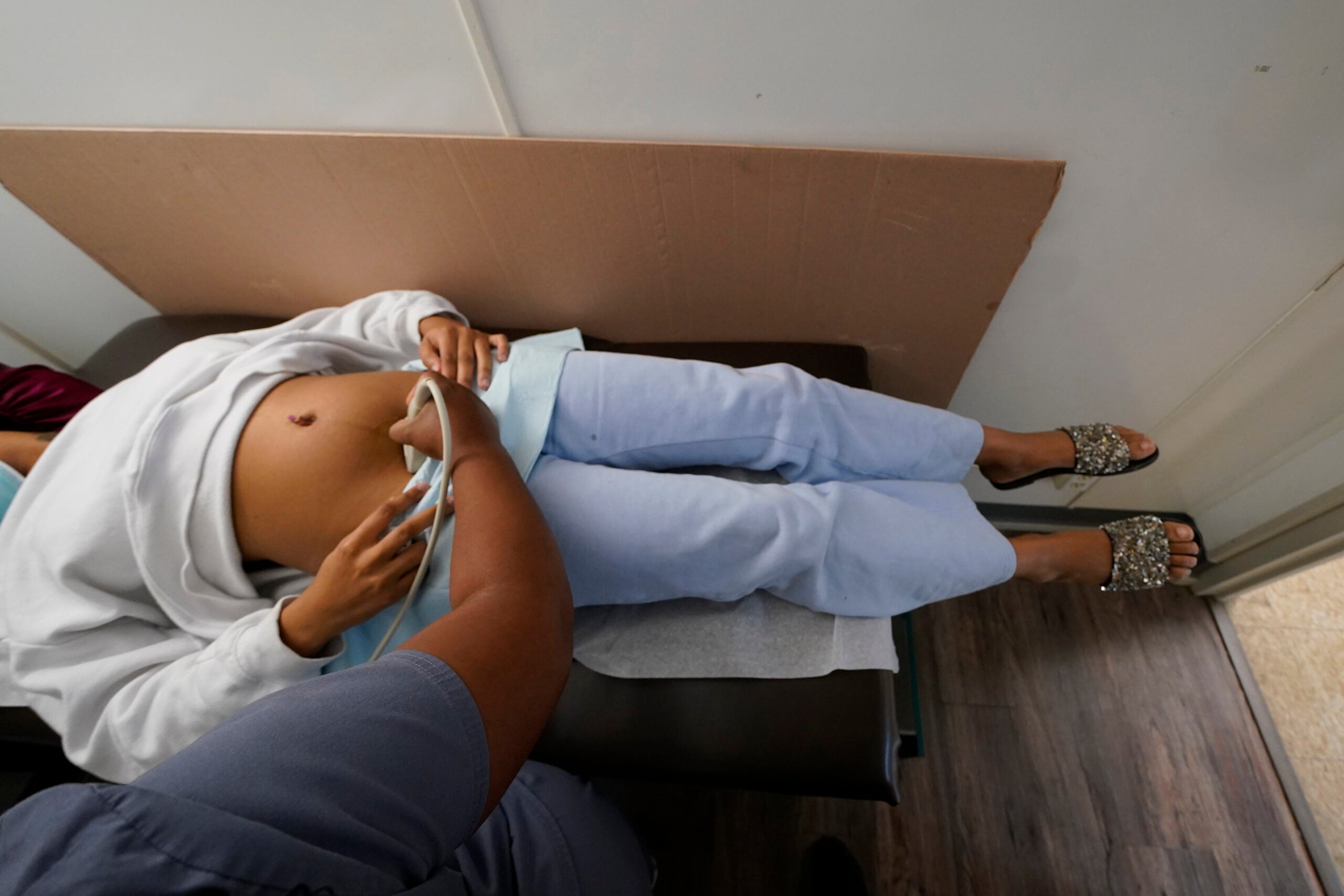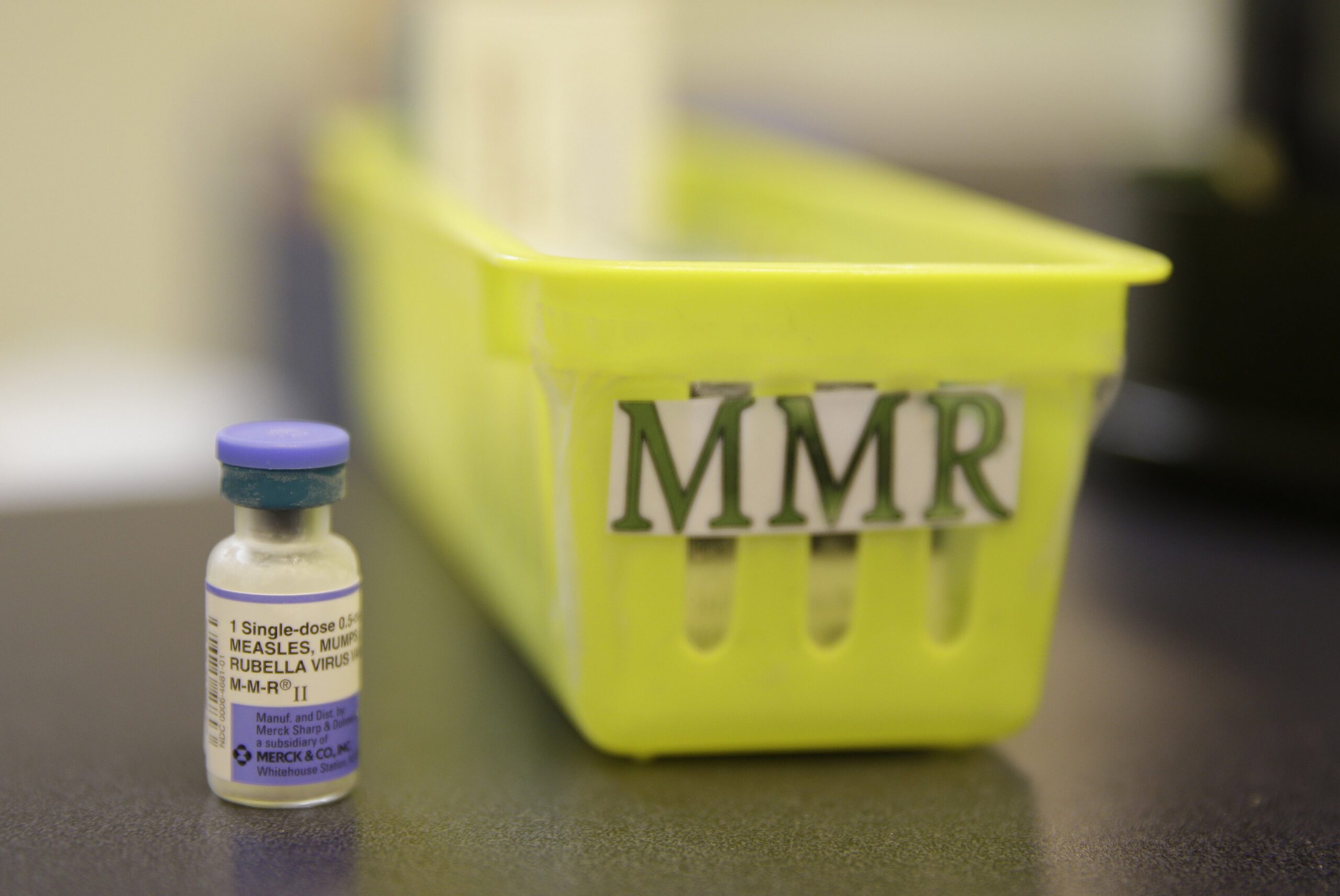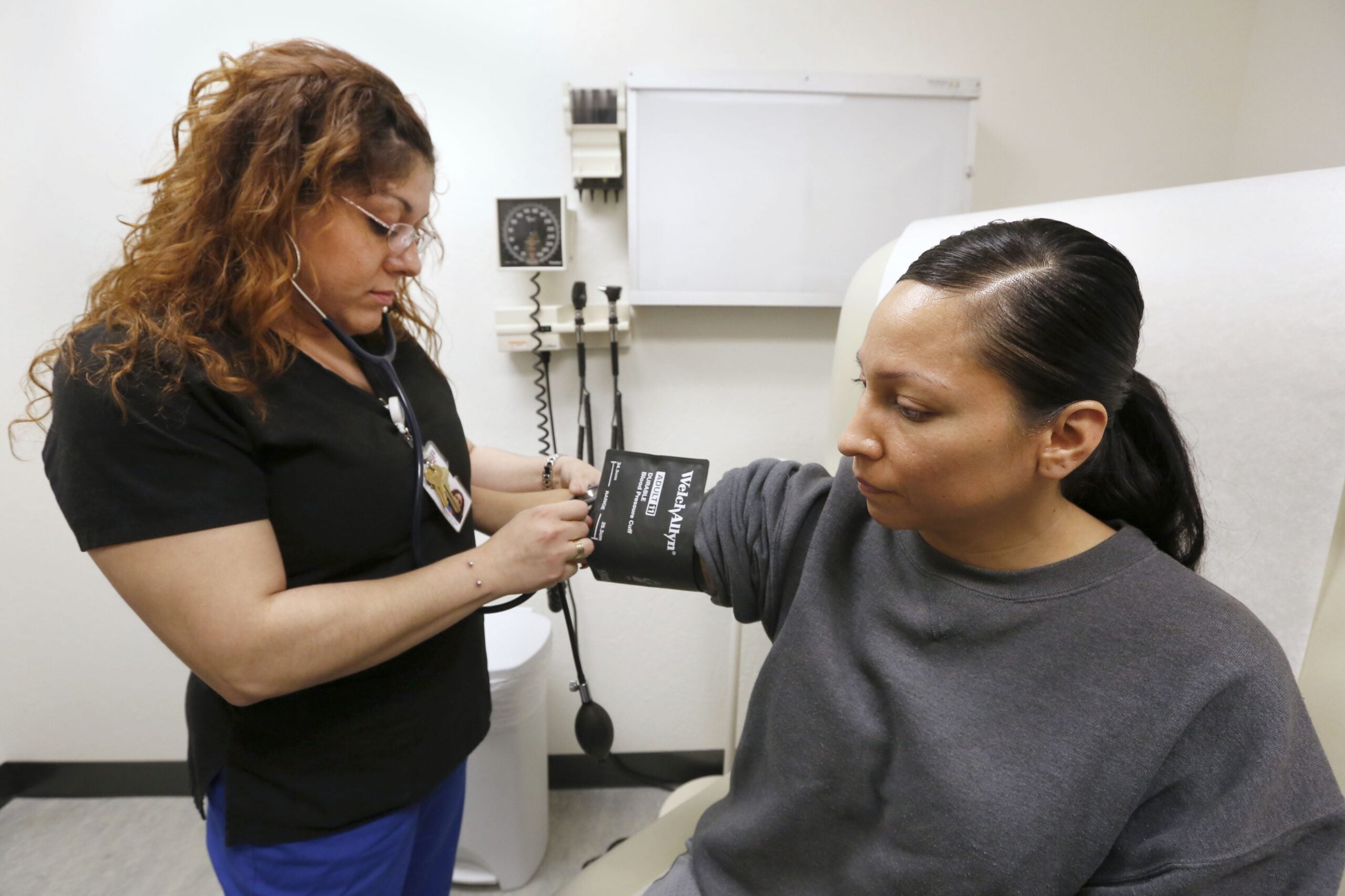Black mothers and other mothers of color in Wisconsin continue to experience higher rates of preterm births, stillbirths and infant death.
According to newly released data from the Wisconsin Department of Health and Services, 328 Wisconsin babies died before their first birthday in 2021. That’s a rate of 5.3 deaths per 1,000 live births — an improvement compared to the state’s rate of 6.2 deaths per 1,000 births in 2011. But the report shows the continued presence of racial disparities that have persisted for years, with Black babies dying at significantly higher rates than the state average.
“We’re not seeing any significant … moves in the right direction,” Dr. Jasmine Zapata, DHS’ chief medical officer for maternal health, said Thursday. “Many of these inequities have been pretty persistent over time.”
Stay informed on the latest news
Sign up for WPR’s email newsletter.
One infant death is too many, Zapata said, adding that health officials are trying to intervene with measures like safe sleep education and improved food security.
“That is something that is tragic, that has ripple effects across the whole family,” said Zapata, who’s worked as a pediatrician and newborn nursery hospitalist. “Outside of my role at DHS, I’ve personally done CPR and resuscitation on little babies. I’ve personally been in the room, when families have to learn that their baby has died and is not coming home. I personally attended funerals of multiple babies that never made it to their first birthday.”
In Wisconsin, infant mortality rates have been roughly consistent with the national average. The leading causes of the state’s infant deaths, were birth defects and premature births, recently released state data shows.
But babies born to Black mothers were three times as likely to die compared to those born to white mothers, Wisconsin data covering 2019 to 2021 shows.
Unequal access to health care, poverty and the effects of racism are likely contributing those disparities, Zapata said.
“A lot of times when we talk about these issues, it can be very sensitive because people place the blame on the individual mother or birthing person,” she said. “But it is very important to recognize that we have oppressive systems that we must change.”
A proposal from Democratic Gov. Tony Evers would extend postpartum Medicaid coverage to mothers for up to a year after birth instead of 90 days. That type of extension is one way to help reduce both infant and maternal mortality in Wisconsin, Zapata said.
“We know that chronic conditions that mothers and birthing people face can impact their own health, and also the health of their current babies and future children” she said. “And so ensuring access for all mothers and birthing people in Wisconsin, not just the short period of time during pregnancy, but being able to have them have access to high-quality care even for that first year after the baby’s born is extremely important.”
Evers has also called for expanding Medicaid coverage to Wisconsinites at 133 percent of the federal poverty level instead of 100 percent, but a Republican-led legislative budget committee voted earlier this month to remove that provision.
Wisconsin Public Radio, © Copyright 2025, Board of Regents of the University of Wisconsin System and Wisconsin Educational Communications Board.





